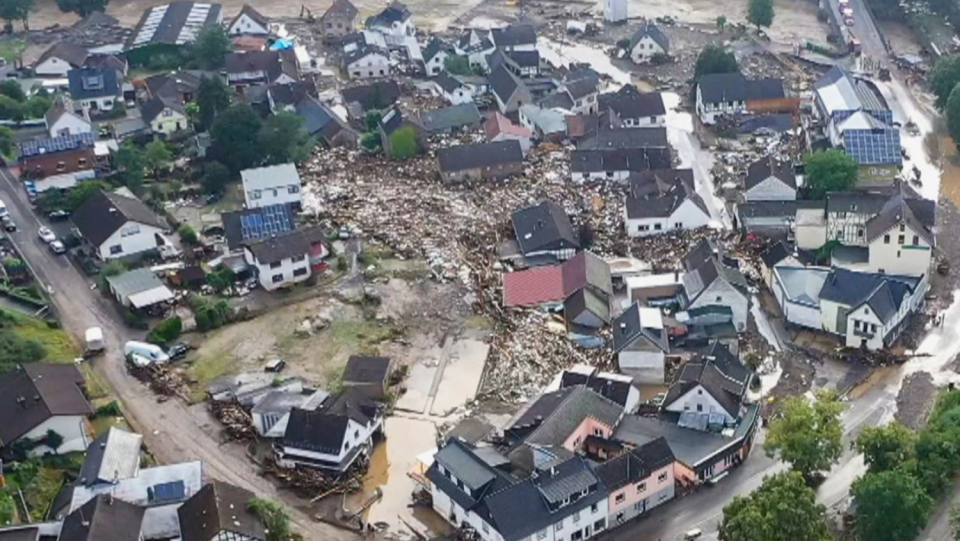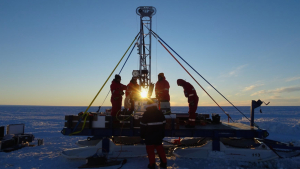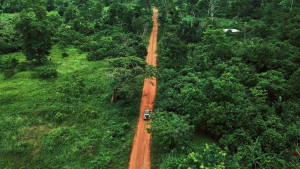According to an analysis by the United Nations University, many natural disasters such as fires, floods, droughts or food shortages could be mitigated – also because they are due to the same causes. These included, among other things, climate change, deforestation or the pursuit of economic interests without taking into account the environmental costs, according to a report presented in Bonn on Wednesday. The study authors recommend a more sustainable lifestyle with less consumption and better early warning systems.
The experts examined ten disasters that had occurred worldwide. This included the record temperatures in Westkanada, measured in the summer of 2021 with almost 50 degrees Celsius, the flood of New York City by foothills of the hurricane Ida, the forest fires in the Mediterranean and a drought in Taiwan and an earthquake in Haiti. The researchers come to the conclusion that more human life could have been saved through better preparation. Cities and environmental planners around the world would have to take better into account risks.
Last year, natural disasters caused almost 280 billion euros in damage worldwide, according to a press release from the United Nations University. About 10,000 people died as a result. Floods and forest fires are usually caused by a combination of the same causes. If forests are cut down, the risk of soil erosion increases. This worsened, for example, the consequences of the earthquake in Haiti in August 2021. Soon after the quake, heavy rain fell on the deforested country. This in turn led to mudslides.
Germany could also lessen its disasters.
The devastating floods in the Ahr Valley 2021 or the recent heat waves in Germany and other countries were not part of the disasters examined. In such cases, too, more can be done to avert damage, said the guideline of the Cita Sebesvari study by the German Press Agency. So it is not a sustainable reaction to install more air conditioning systems due to the heat - these would emit greenhouse gases and thus further heat up climate change.
Better solutions would be: more parks and more free areas that are not sealed by buildings, roads, parking lots or artificial grass, green roofs and facades and more streams and fountains in cities. Neighborhood networks could take care of particularly vulnerable people. Disasters such as in the Ahr Valley can also be avoided by afforesting areas, but there is also enough free space for floods to seep in. In addition, hardly any or no construction should be carried out in risk zones. "I see that Germany has a high coping capacity, including the technology, the financial resources, the knowledge, so good starting conditions," Sebesvari said. "Is it doing enough already? I have to say clearly no.



















